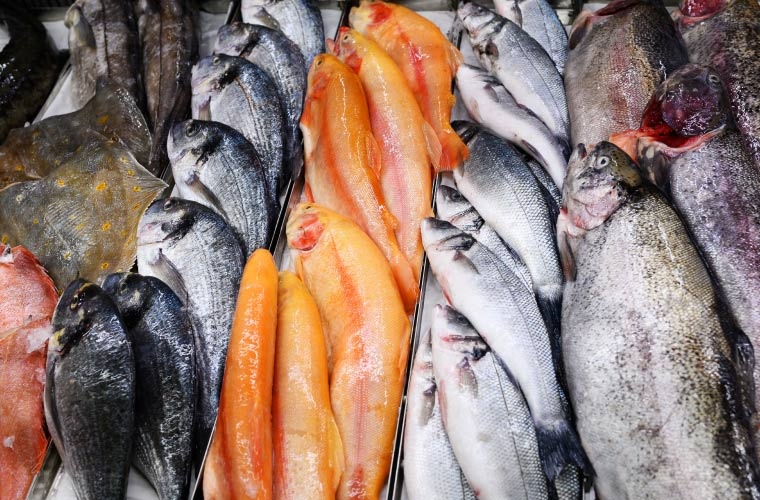
The Aquaculture Advisory Council (AAC) and the Markets Advisory Council (MAC) of the European Commission have proposed strengthening labelling regulations within the HORECA sector (Hotels, Restaurants and Catering) to enhance transparency and provide consumers with clear, accurate information about the origin, production method, and condition of seafood products. These measures address the ongoing concern that misleading information remains widespread in this sector.
Recent studies from both councils reveal that one in five Europeans selects seafood in restaurants each month, yet the information available in these settings is often insufficient or inaccurate. Among the main shortcomings are the lack of details on the product’s origin, whether it is wild-caught or farmed, and whether it has been previously frozen.
An additional study found that up to 31% of seafood products in European restaurants are misleadingly labelled, with cheaper fish often sold under the names of more expensive species—a practice seemingly driven by economic incentives.
As part of the European Commission's "Farm to Fork" Strategy, initiatives have been proposed to reduce environmental impact and promote transparency throughout the food chain. A key proposal is the introduction of a digital traceability system, planned for 2029, which will enable consumers to access more detailed information about seafood products, from origin to plate.
In a recommendation document, the AAC and MAC urge the Commission and member states to strengthen labelling controls in the HORECA sector and establish guidelines for proper labelling in restaurants and catering services. They also suggest that the sector be encouraged to voluntarily provide additional information, such as production methods and sustainability details, capitalising on the advantages of digital traceability.
Meanwhile, organisations like APROMAR and WWF advocate for mandatory labelling to include prepared and preserved products, such as tinned fish, arguing that consumers’ right to accurate and complete information should not depend on the point of purchase or consumption.
These improvements are expected to enable consumers to make informed, responsible choices in line with their interests in sustainability and animal welfare. Greater transparency could strengthen trust in EU seafood and aquaculture products, as well as help reduce the environmental impact of their consumption.
The European Commission will review these recommendations in the coming months in what is seen as a key step towards a fairer, more transparent, and sustainable food industry across the European Union.


